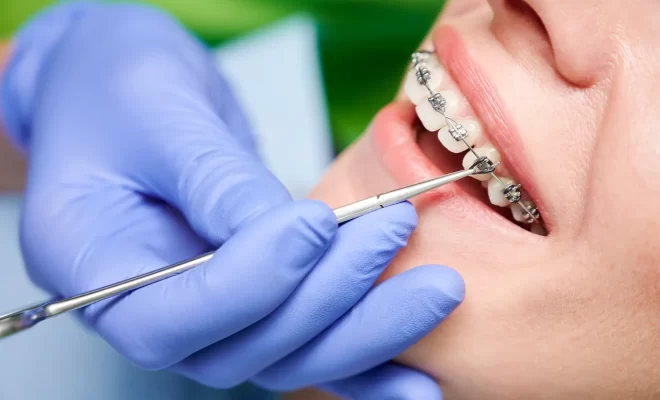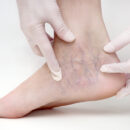A Dermatologist’s Perspective On Skin Care For Men

Taking care of your skin doesn’t have to be complicated. Men’s skincare often gets overlooked, but it’s just as important as any other routine. I want to share a dermatologist’s perspective on what works best. From daily cleansing to understanding unique needs, skincare for men deserves attention. Whether it’s managing oily skin or considering Jackson Heights earlobe repair, a few simple steps can make a big difference. Let’s explore how to keep skin healthy and resilient.
Understanding Men’s Skin
Men’s skin differs from women’s in a few key ways. It is thicker and tends to be oilier, which can result in different skin care needs. Regular shaving also affects the skin, potentially leading to irritation or ingrown hairs.
Simple Steps for Skincare
Here are three essential steps to establish a solid skincare routine:
- Cleansing: Gentle cleansing helps remove dirt and excess oil. Choose a cleanser that suits your skin type.
- Moisturizing: Keeping skin hydrated prevents it from becoming dry or irritated. A light, non-greasy moisturizer works well.
- Sun Protection: Daily sunscreen application prevents damage from UV rays, reducing the risk of skin cancer. Look for a broad-spectrum SPF of at least 30.
Recommended Products
Finding the right products can make skincare simple and effective. Here’s a comparison of different types of products suitable for men’s skin:
| Product Type | Benefits | Considerations |
| Foaming Cleanser | Removes excess oil | May be too drying for sensitive skin |
| Moisturizing Gel | Lightweight, absorbs quickly | May not provide enough hydration for very dry skin |
| Broad-spectrum Sunscreen | Protects against UV rays | Needs reapplication every two hours when outdoors |
Dealing with Common Skin Issues
Men often face skin issues like acne, razor bumps, and signs of aging. Here are ways to manage these concerns:
- Acne: Clean the skin gently and use products with salicylic acid or benzoyl peroxide. Avoid harsh scrubs that can irritate.
- Razor Bumps: Shave in the direction of hair growth and use a moisturizer or shaving gel to reduce friction. Consider using an electric razor for sensitive skin.
- Aging: Regular use of sunscreen and a good moisturizer keeps skin looking youthful. Using products with antioxidants or retinol can also help.
Healthy Lifestyle for Healthy Skin
Besides products, lifestyle choices impact skin health:
- Diet: Eating a balanced diet rich in fruits, vegetables, and whole grains promotes healthy skin. For more guidance on healthy eating, visit the USDA’s ChooseMyPlate website.
- Hydration: Drinking plenty of water keeps skin hydrated and flushes out toxins.
- Sleep: Quality sleep allows skin to repair and regenerate.
When to See a Dermatologist
If you notice any unusual changes or persistent skin issues, consulting a dermatologist is wise. They can provide personalized advice and treatments. For more information on skin conditions and treatments, the American Academy of Dermatology is a reliable resource.
Building a skincare routine doesn’t have to be overwhelming. By understanding your skin, choosing the right products, and making smart lifestyle choices, you can keep your skin healthy and vibrant. Embrace these simple steps, and your skin will thank you.









